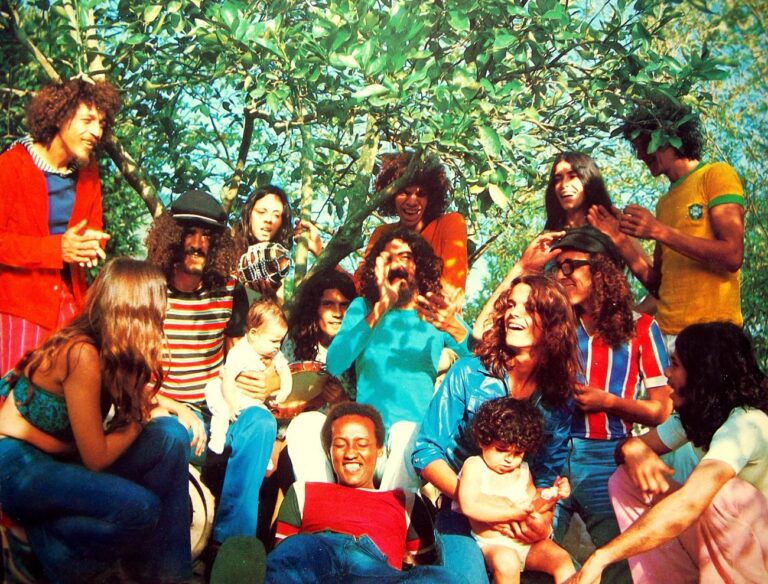The 1970s were a golden era for Brazilian music, a decade that saw the emergence of groundbreaking albums that would define the sound of a nation. From the vibrant rhythms of samba and bossa nova to the politically charged lyrics of tropicália, this period was marked by a rich fusion of traditional influences and innovative experimentation. These classic albums not only captured the cultural and social shifts of the time but also left an indelible mark on the global music landscape. In this article, we’ll explore some of the most iconic Brazilian albums from the 70s, celebrating the artists and sounds that continue to resonate today.
Cartola – Cartola (1976)
Cartola’s self-titled 1976 album is a masterful showcase of the legendary sambista’s deep artistry and emotional depth. Released when Cartola was already in his sixties, the album is a testament to his enduring talent and poetic brilliance. The tracks are filled with his signature style—simple yet profound lyrics set against the backdrop of lush, melancholic melodies. Songs like “Minha” and “As Rosas Não Falam” stand out as timeless classics, blending heartfelt emotion with sophisticated musical arrangements. Cartola delivers each line with intimacy and care and the musicians in the band stand out with inspired solos and complex rhythms. This is one of those albums that once you listen to them, will keep resonating in your mind for days. It isn’t just a collection of songs; it’s a journey through the soul of one of Brazil’s greatest musical poets, capturing the essence of samba in its most authentic form yet bringing exciting innovations to the sound.
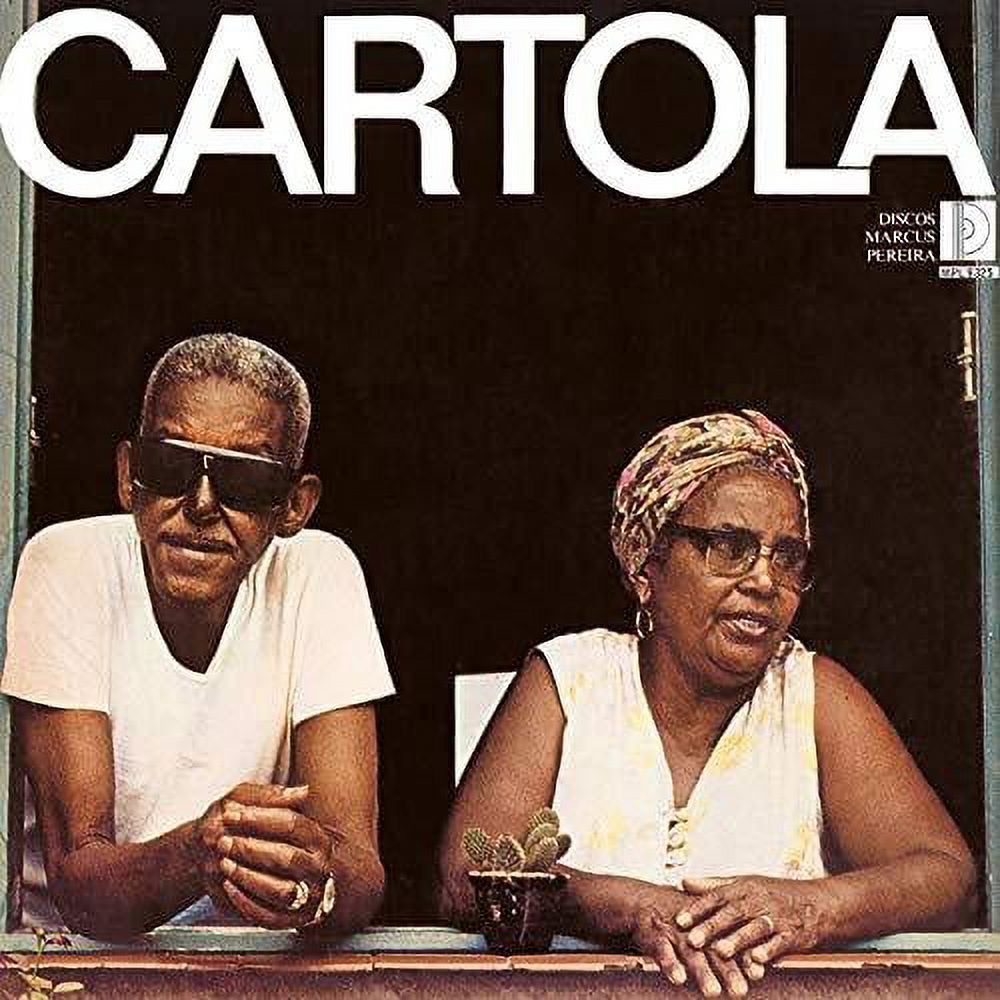
Acabou Chorare – Novos Baianos (1972)
“Acabou Chorare,” the 1972 album by Novos Baianos, is a vibrant and eclectic masterpiece that revolutionized Brazilian music. Seamlessly blending samba, rock, MPB (Música Popular Brasileira), and even elements of Bossa Nova, the album reflects the free-spirited and experimental ethos of the band. With the influence of João Gilberto, the group infused traditional Brazilian sounds with electric guitars and a laid-back, almost tropical vibe. Tracks like “Preta Pretinha” and the title track “Acabou Chorare” exemplify the album’s joyful, carefree spirit, while “Mistério do Planeta” and “Besta é Tu” showcase the band’s lyrical and instrumental power. This album is like a celebration of Brazilian culture, radiating warmth and positivity. “Acabou Chorare” is not just an album—it’s a cultural landmark that remains as fresh and influential today as it was over 50 years ago.
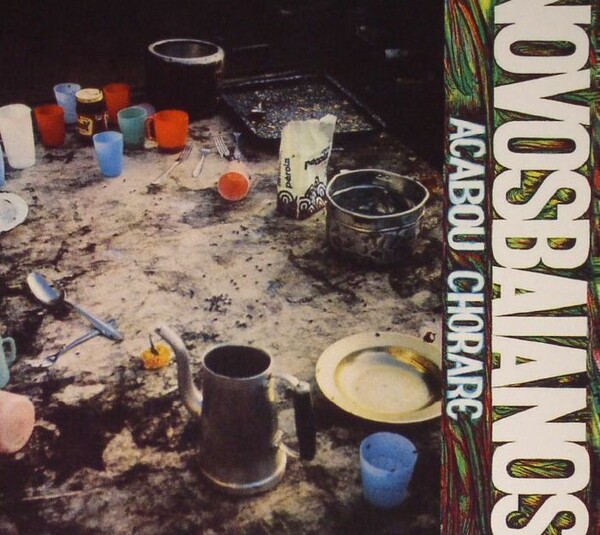
Clube da Esquina – Milton Nascimiento, Lo Borges (1972)
The 1972 album by Milton Nascimento and Lô Borges, “Clube da Esquina”, is yet another landmark of Brazilian music. blending rich harmonies, poetic lyrics, and diverse influences. Thealbum, a cornerstone of the Clube da Esquina movement, seamlessly fuses MPB with rock, jazz, and classical elements, creating a unique, genre-defying sound. The dual vocals of Nascimento and Borges create a haunting and evocative atmosphere, with songs like “Cravo e Canela” and “Nada Será Como Antes” showcasing their ability to convey deep emotion and a sense of place. The production is lush, with intricate arrangements that highlight the album’s innovative spirit. “Clube da Esquina” is a timeless albums that pushes musical boundaries and continues to inspire musicians around the world.
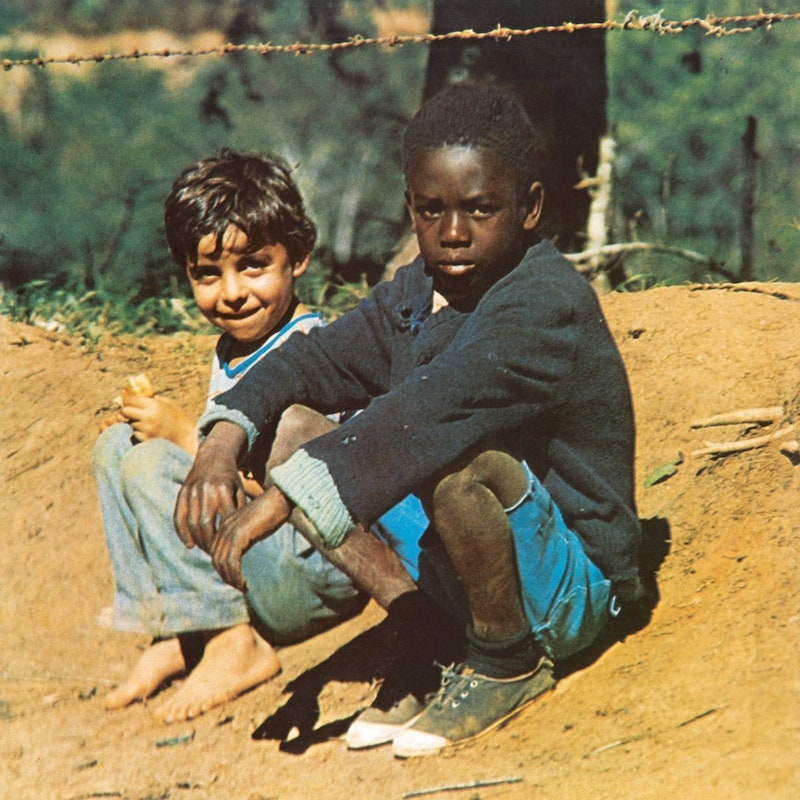
Falso Brilhante – Elis Regina (1976)
“Falso Brilhante” by Elis Regina, released in 1976, is a powerful showcase of one of Brazil’s greatest vocal talents. The album, which emerged from the theatrical show of the same name, is a blend of emotional intensity and social commentary, reflecting the turbulent political climate of the time. Regina’s voice is the album’s centerpiece, delivering each song with unmatched depth and passion. Tracks like “Como Nossos Pais” and “Velha Roupa Colorida”, stand out for their poignant lyrics and Regina’s heart-wrenching delivery. The instrumental arrangements are sophisticated yet accessible, allowing her voice to soar over the top. This album is a statement to Elis Regina’s artistry and talent, her ability to convey complex emotions and her unwavering commitment to her craft. It’s a must-listen for anyone interested in Brazilian music and the power of song to reflect and challenge the world.
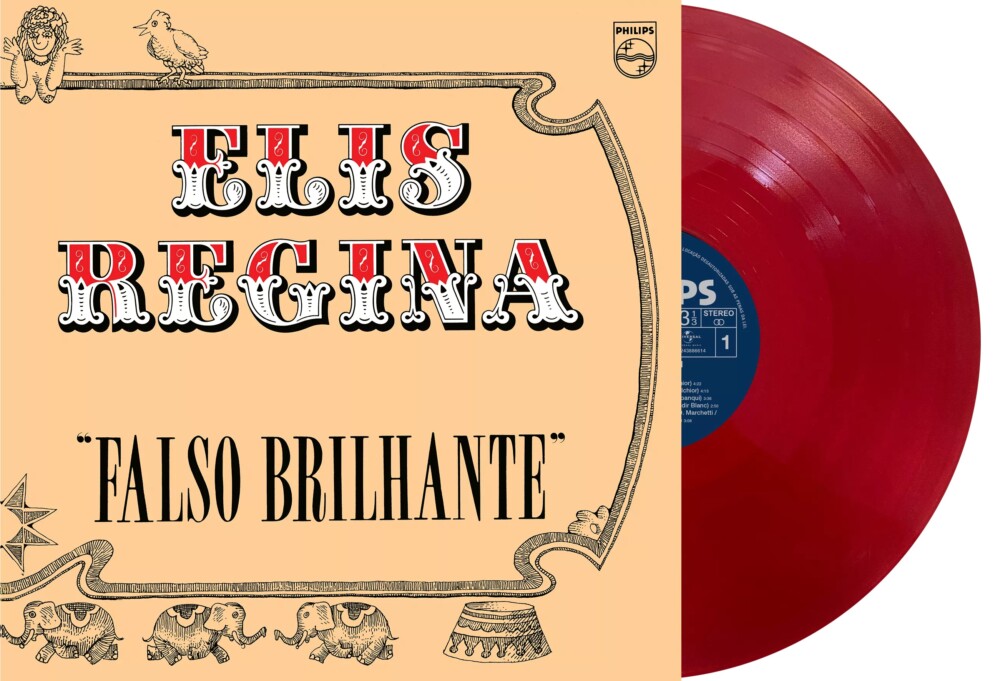
Os Mutantes – Os Mutantes (1968)
“Os Mutantes”, the 1968 debut album by the band of the same name, is often hailed as the “Sgt. Pepper’s” of Brazilian music, and for good reason. Like The Beatles’ iconic album, which came out only a year prior, “Os Mutantes” is a boundary-pushing work that blends psychedelic rock with a rich variety of Brazilian sounds such as Tropicália, Bossa Nova, and Samba. The album is a wild, playful ride, filled with inventive arrangements, quirky sound effects, and a sense of experimental freedom. Songs like “A Minha Menina” and “Bat Macumba” are vibrant and daring, showcasing the band’s ability to mix tradition with avant-garde influences. Rita Lee’s vocals, alongside the innovative guitar work of Sérgio Dias and the irreverent spirit of Arnaldo Baptista, make the album a unique, genre-defying experience.\
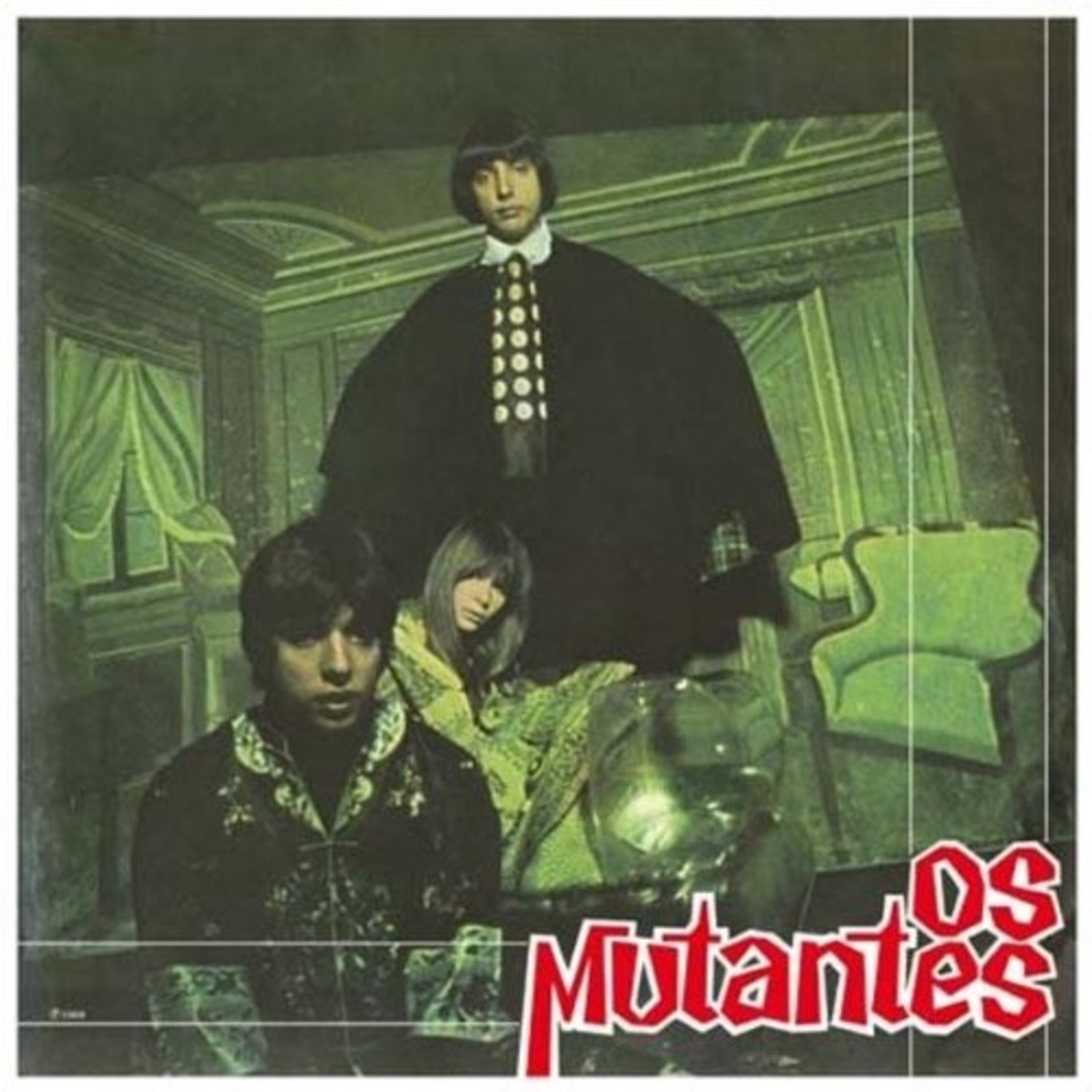
Cover photo via Novos Baianos


